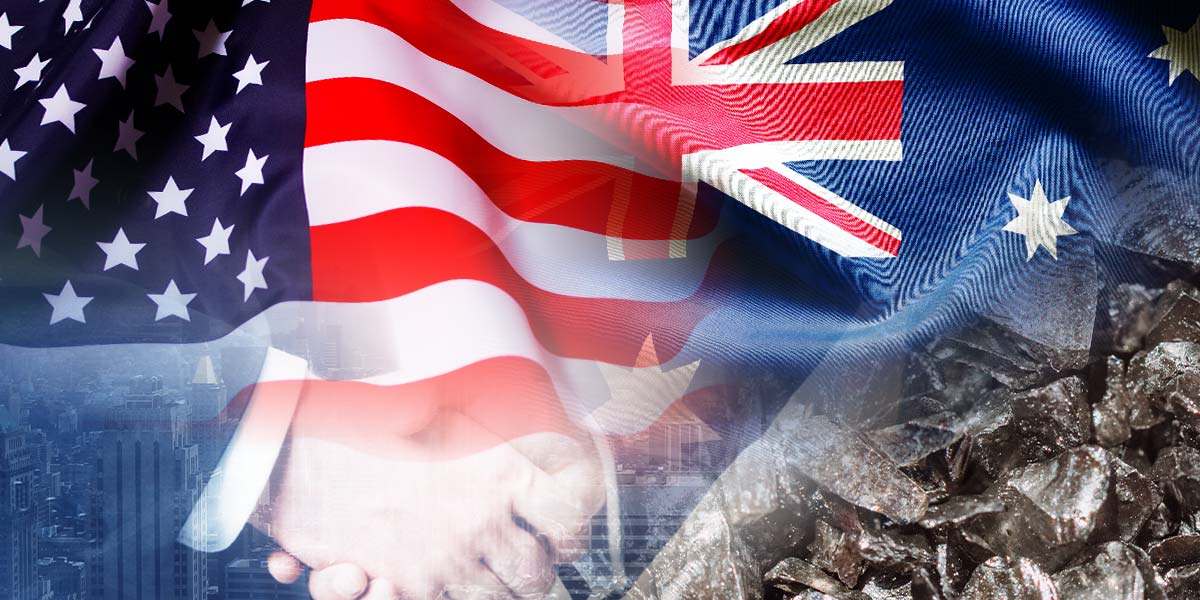U.S. President Donald Trump and Australian Prime Minister Anthony Albanese finalized a landmark critical minerals agreement at the White House on Monday, marking a significant step in strengthening bilateral cooperation and securing the supply of essential resources for advanced technologies and industry.
Under the accord, both countries will each invest $1 billion over the next six months into mining and processing projects, while also establishing a minimum price floor for critical minerals—a move long sought by Western mining firms.
Albanese indicated that the deal represented an $8.5 billion project pipeline prepared for prompt implementation.
According to the White House, the new initiatives will target mineral deposits valued at $53 billion, though specific types and locations were not disclosed. Trump remarked, “In about a year from now, we’ll have so much critical mineral and rare earths that you won’t know what to do with them.”
The U.S. Export-Import Bank (EXIM) has issued seven letters of interest totaling more than $2.2 billion to back critical minerals projects in Australia, involving companies like Arafura Rare Earths and Northern Minerals. These initiatives are crucial for securing supply chains for the defense and technology sectors.
Additionally, the Pentagon plans to construct a gallium refinery in Western Australia following China’s move to restrict gallium exports last December. Amid escalating tensions with Beijing, the U.S. is seeking to expand access to vital resources such as rare earths, lithium, and nickel, which are essential to electric vehicles, aerospace, and military technologies, to reduce dependence on the world’s second-largest economy.





